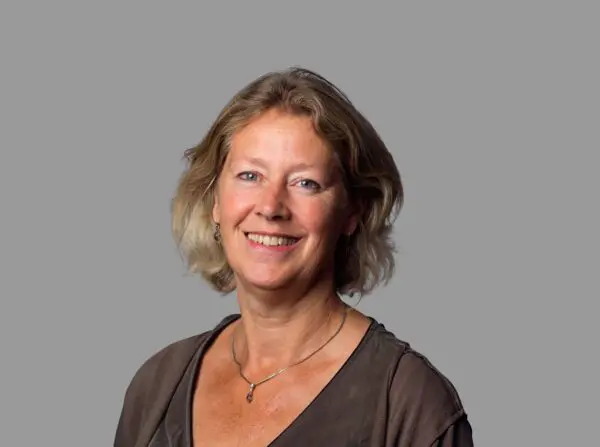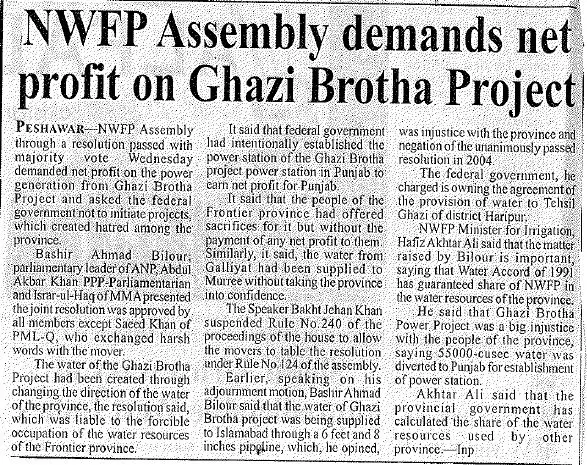Ineke Steinhauer
Technical secretary


The NCEA issued an advisory review of an EIA executive summary for the Ghazi Barotha hydropower project. Based on a response of the World Bank to the NCEA's review, an additional review was issued. The NCEA concluded that no solution had been provided for a number of issues that it indicated in its first review.
The Commission’s advice was restricted to evaluating the summary of the EIS, which was prepared for the World Bank in support of their decision on whether to provide a loan to finance construction. The Commission observed that the summary contained a great deal of information, but despite this, a number of points were not covered; for example, no small scale alternatives were considered, nor did an assessment of environmental impacts contribute to the choice of the project. The environmental impacts of the reservoir silting up are not covered; there are also no contingency plans if the dam bursts. The results of public participation, and how these are to be considered in the decision-making, are not clear. Moreover, there is no information on the institutional structures surrounding implementation and control, in particular the degree of independence the supervisory body will have. The Commission recommended that this information be supplied. The World Bank replied to the Commission’s advisory review in an office memorandum dated 22 August 1995. The Commission took this into account, then submitted an additional advisory review in which it remarked that the independence of the supervisory bodies had not been confirmed in the office memorandum, nor did the memorandum contain information about a contingency plan, or the environmental impacts of the reservoir silting up. The World Bank approved the loan in December 1995.
Water and Power Development Authority WAPDA
World Bank